|
■ Mask
A mask creates an air space between your eyes and the water, allowing you to see clearly underwater.
Proper fit is essential to prevent leaks and ensure comfort.
|
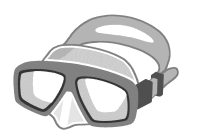
|
■ Snorkel
A snorkel allows you to breathe while floating face down on the surface.
This conserves energy and lets you observe dolphins comfortably without lifting your head.
|
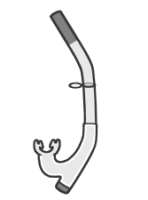
|
■ Fins
Fins provide efficient propulsion in the water.
They allow smooth movement while keeping your hands free for balance and communication.
|
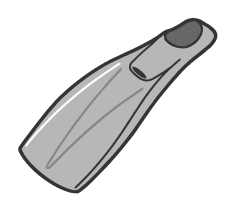
|
■ Exposure Suits and Gloves
Exposure protection helps prevent cuts, scrapes, and stings from marine life.
Wetsuits and gloves also provide thermal protection in cooler water.
|
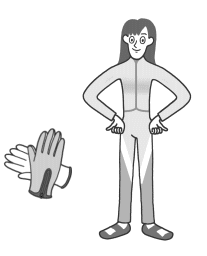
|
■ Boots
Dive boots protect your feet from sharp rocks, coral, and hot surfaces.
They also improve stability when entering and exiting the water.
|
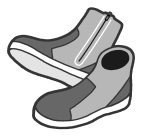
|
■ Buoyancy Aid / Floatation Vest
A buoyancy aid provides additional flotation at the surface.
It increases comfort and safety, especially for participants who are less confident swimmers.
|
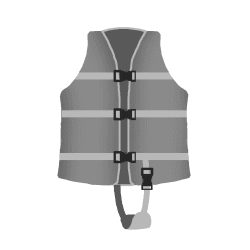
|
■ Weights
Exposure suits increase buoyancy, making it more difficult to descend.
Weights are used to offset this buoyancy and allow controlled descents.
They are typically worn on a weight belt with a quick-release buckle for emergency situations.
The amount of weight used varies depending on the suit and water conditions.
|
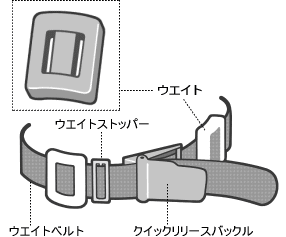
|
■ Dive Flag
Dive flags indicate that divers are in the water.
The red flag with a white diagonal stripe is commonly used in the United States,
while the blue and white “Alpha” flag is used internationally when diving from a boat.
|
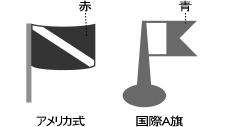
|
■ Gear Bag
A gear bag makes transporting equipment easier and more organized.
Mesh bags allow water drainage and are ideal for beach use.
Duffle bags, roller bags, and hard cases provide better protection during travel.
Separate compartments for wet and dry gear are especially convenient.
|
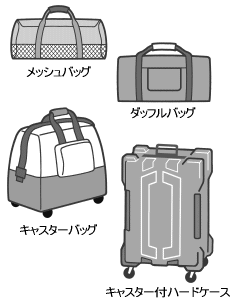
|

